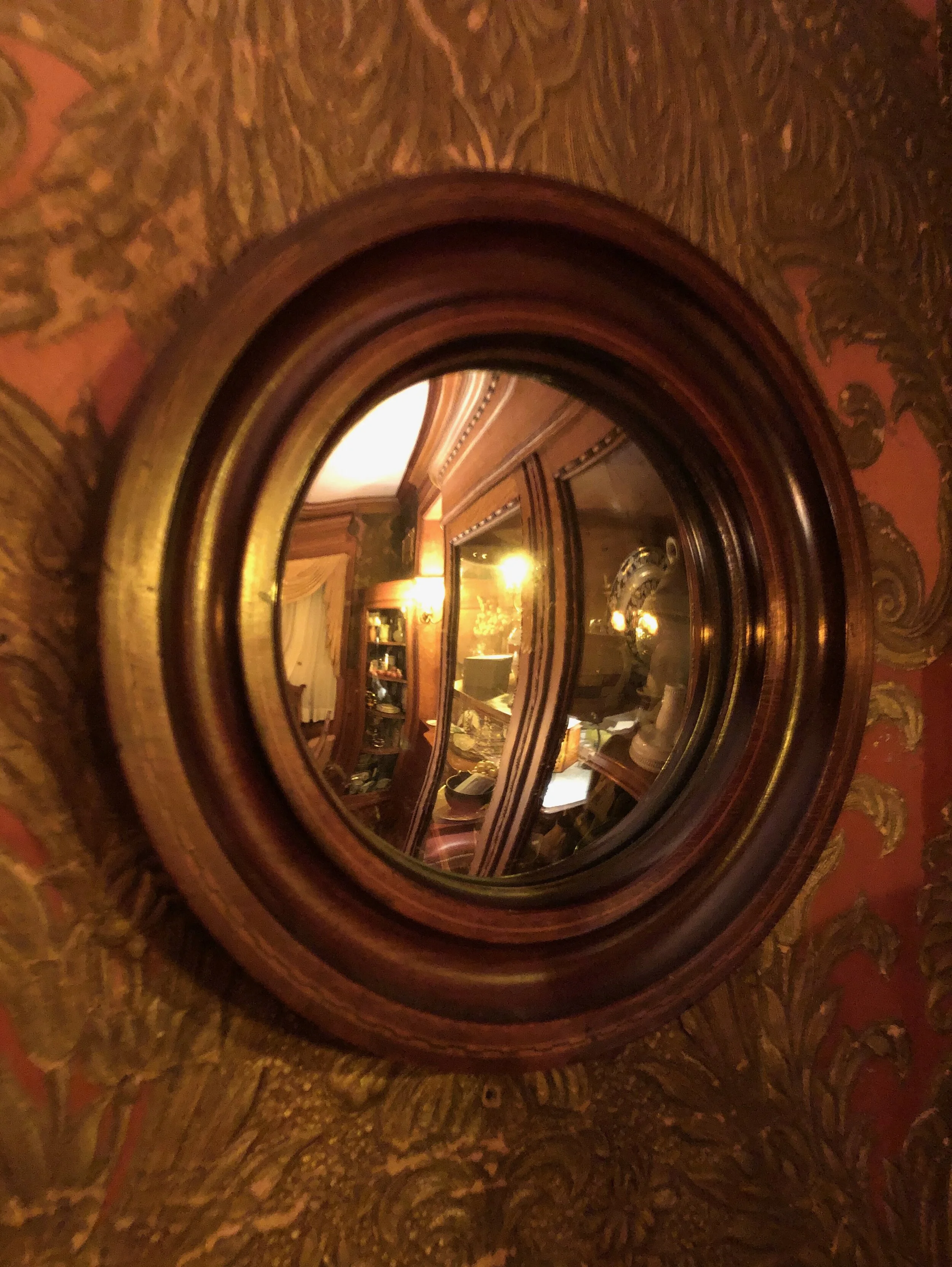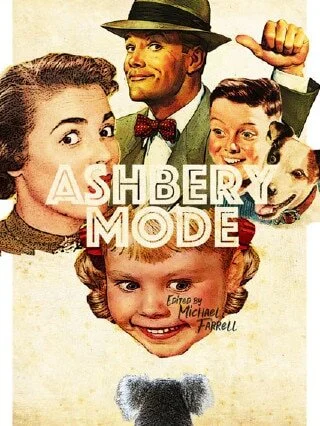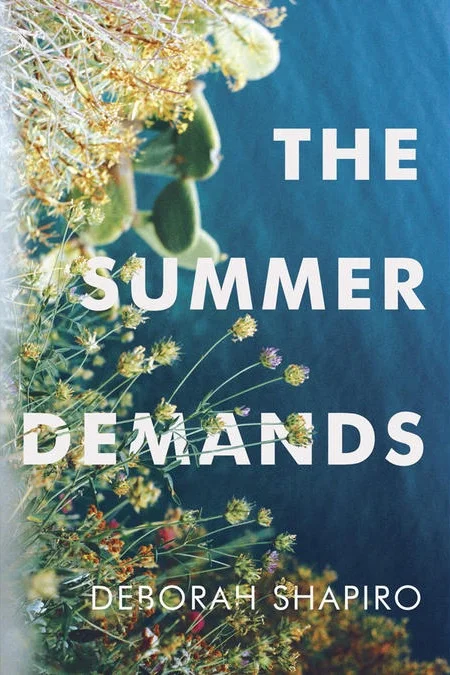SURVIVE THE JUDGEMENT OF TIME (from EL PUNT AVUI)
/Melcion Mateu synthesizes the poet's intentions and reception for the reader, who is often transformed by reading, and whose translator and great connoisseur of the master has perfectly grasped: " Self-portrait in a convex mirror is and is not a representative poem of John Ashbery's Poetry. You could talk of two books in one: the pieces - short and not so brief - in the first part and the long final poem that gives the whole title….
Read More




















